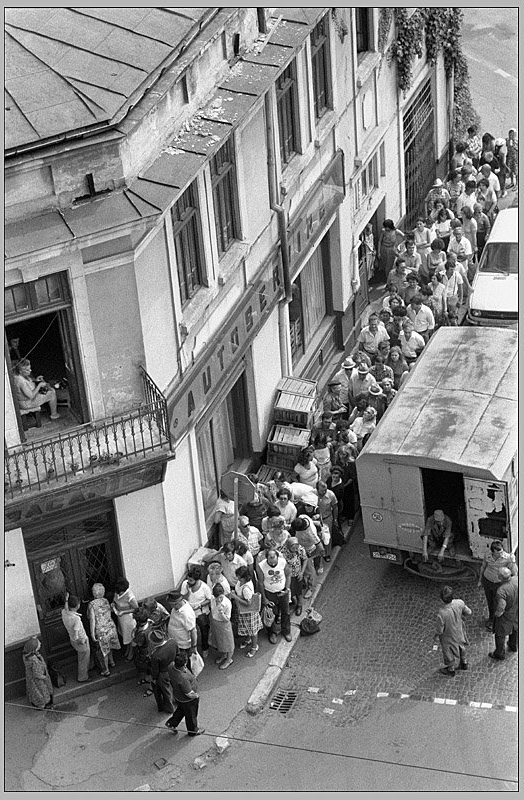Neither forbidden nor particularly encouraged or supported: the ambivalent status of photography during Romania’s communist period
Dr Uschi Klein, School of Art and Media, University of Brighton
Wednesday 10th May 2023, 5:30 to 7pm (online)
Please book here to attend online. Zoom link will be sent the day before.
CMNH Seminar Series: Visual culture, history, and memory
We will open bookings for this online event here a few weeks before. Details of how to join the seminar will then be shared before the event to those registered.
Just over thirty years after the fall of the Soviet bloc, at a time when we see the return of oppressive policy making in Eastern European countries like Hungary and Poland, and an aggressive war in Ukraine, photography research on the experiences of everyday life during Romania’s communist past remains an underexplored subject area. Moreover, photography had an interesting status in communist Romania. Although owning a camera was not prohibited and people were encouraged to take photographs, the regime dominated the perception of photography, which complicated the relationship with and status of photography. Contextualised within the broader understanding of decolonising the Western photography canon, this paper draws on recent archival research and oral history interviews to shed light on the use and practices of photography during one of the most repressive dictatorships of Eastern Europe.

